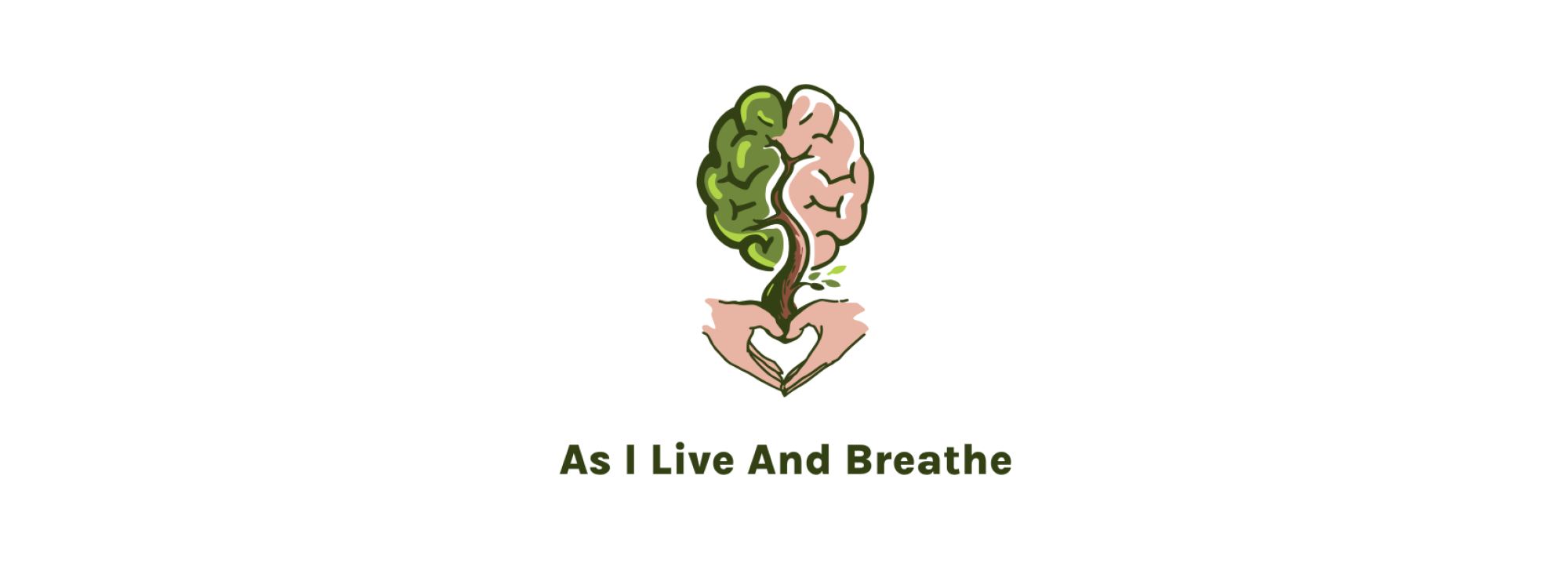I am putting this subject in a blog post because I always seem to get quoted about being the one to locate a specific interaction. Or get comments inquiring where I found this information in the first place & how I went about verifying it.
For those of us who take immunosuppressants, whether we are transplant candidates/recipients or not, it’s very handy to have a great drug interaction checker and or a drug/herb interaction checker to see if certain supplements or other drugs are safe to take with our current treatment, whether it be Rapamune (generic name sirolimus), Afinitor (also known as evorolimus), or similar drugs in the same class like Prograf (generic name tacrolimus)…
It is still an individual choice whether the person deems the supplement worth the risk but a good drug interaction checker can come in handy to talk things over with a doctor.
I first became aware of such a tool working at Medscape. They do have a pretty good one that I just linked to.
The University of Maryland lays the interactions out the clearest however. It clearly shows what supplements interact with sirolimus. Since Afinitor is an analogue drug (which means it’s the same drug with a molecule of change making it a chemical cousin in the same class) the same interactions would apply.
RX List is also a great source of information on drug interactions, but it lays out things a bit more technically.
Usually specific classes of medication interactions can be listed in the prescribing information leaflet with the drugs because legally the pharmaceutical company has to share them, but it’s often quite technical. It can vary in how easy it is to locate.
Drugs.com has great information too, especially on herbs & supplements.
Way back when I first discovered this interaction I found the link through one of the Drug/Herb interaction checkers through the National Institutes of Health. Another great resource. Unfortunately I lost the link & have been unsuccessful in my attempts to relocate it.
In the past few years, most sites I named above have been better about incorporating supplements & herbs into their checkers instead of it just being solely a list of traditional interactions between different drugs.
The National Library of Medicine also has a great resource to draw on. Even some organizations like AARP or insurances often have links to interaction checkers or have one of their own.
As someone who has had adverse reactions to drugs before, it is something I keep on my radar to be aware of anytime my drug combination changes, or even if it doesn’t. Interactions can happen at any time.
The interactions I had all occurred with drugs I had safely used before with no issue & then I developed a sensitivity.
It’s important to be aware of such things & discuss with my doctor periodically any supplements I may consider taking to be sure they won’t cause issues with my current cocktail of drugs. I prefer to head off issues before I have them.
My chances of having an interaction with melatonin is much greater now than it was even when I uncovered it initially since my anti-anxiety medicine & antidepressant, as well as the immunosuppressant I used to take all interacted similarly.
Taking this with out checking first could have raised my levels three fold over normal without me realizing it.
Even though I had to come off Rapamune for transplant, I’m still twice as likely to have a reaction to melatonin as I would be otherwise, instead of a three fold risk because of a similar reaction from those other drugs I mentioned.
For me, it’s too high a gamble to take. But that’s my personal choice.
These checkers do not substitute or stand in for medical device of course, but it can be helpful in weighing decisions on whether certain supplements, vitamins, or herbs, would cause issues if I wanted to try them for some purpose. Even if that’s to temporarily fight nausea, insomnia, or even aid digestion or something else relatively seemingly innocuous.
Before I consider any new supplements or potential alternative remedies, I put all my medications into a checker & run the supplement, vitamin, or herb against it. Then I discuss with my doctor & transplant pharmacist if they would be safe for me to take or cause an issue.
For me, doing this alleviates so much confusion & I find it a helpful resource to have in my arsenal for increasing my health & drug literacy.
I share this information in the hopes that if others with chronic illness, or even those just taking medications for other issues are aware that these resources are out there to use to to make more informed choices.
I also share this for those people who may be taking care of others who might have similar issues. It’s just good information to have & to be aware that it exists as a helpful tool.
Addendum: Past helpful post with more resources. on potential “hidden” sources of known interactions.


Thank you, I didn’t know that this was available. 🙂
LikeLiked by 1 person
You’re welcome – I’m so glad you find it helpful.
LikeLiked by 1 person
I have to take pain pills among other prescription drugs but I do love my herbs. Thanks! 🙂 🐻
LikeLiked by 1 person
You’re welcome I know it can be tricky – I know there are several helpful ones out there but it’s best to be aware of any potential issues with using them. This info used to be a lot harder to come by on the sites I mentioned – glad that’s not the case anymore. I also try to choose resources that are sound but also explain things on a level that hopefully is easier to understand too.
LikeLiked by 1 person
This is SO IMPORTANT. Thanks for posting it!!
LikeLiked by 1 person
you’re welcome 🙂
LikeLike